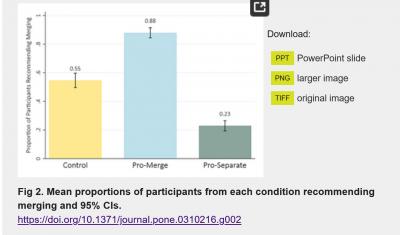This study looks at the idea that people "don't know what they don't know," and worse, don't take this into account. The authors conclude, "people presume that they possess adequate information—even when they lack half the relevant information or be missing an important point of view (and) they assume a moderately high level of competence to make a fair, careful evaluation of the information in reaching their decisions." This may seem to be a trivial finding, suggest the author, but the study helps understand how this phenomenon plays out in real-world situations. I often hear the phrase "students don't know what they don't know" used as justification for direction, control or explicit instruction. But perhaps such extreme methods are not necessary.
Today: 0 Total: 418 [] [Share]




